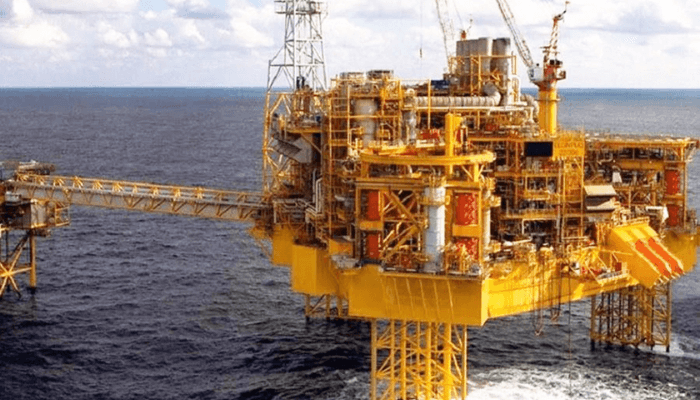The federal government has outlined some fiscal incentives to revamp the nation’s ailing oil and gas sector. The objective of the initiative is to attract about $10 billion investment in the next 18 months. The incentives come on the heels of recent pronouncements by the Nigerian National Petroleum Company Limited (NNPCL) and its Joint Venture (JV) partner in the Awoba Unit Field. The fiscal incentives, according to Special Adviser to the President on Energy, Mrs. Olu Verheijen, will involve consolidated guidelines based on extensive collaboration between the Petroleum Resources Ministry and the Ministry of Finance
Other key regulatory bodies, including the Federal Inland Revenue Service (FIRS), the Nigerian Upstream Petroleum Regulatory Commission (NUPRC) and the Nigerian Midstream and Downstream Petroleum Regulatory Authority (NMDPRA), will be part of the initiative. In addition, the guidelines will help to deliver comprehensive Internal Rate Returns for oil and gas projects within the period of 18 months. The initiative to revamp the oil and gas sector is laudable. It will also enable Nigeria meet its long-term oil production target of four million barrels per day, while enhancing revenue from gas exports. Currently, Nigeria’s gas reserve has dropped to 34.7 billion cubic feet. Instructively, additional guidelines that will focus on the applicability of tax credits and allowances for non-associated gas greenfield development and the midstream capital and gas utilisation have been factored into the mix. No doubt, this will enhance the sector’s competitiveness and stimulate economic growth.
Although the sector is less than 10 per cent of the nation’s GDP, it contributes about 65 per cent of government revenue and about 88 per cent of Nigeria’s foreign exchange earnings. However, the government should check the environmental pollution arising from oil exploitation in the Niger Delta region. While the Petroleum Industry Act (PIA) has addressed some of the problems of the sector, there is need for improvement.
Following the divestments of many international oil companies from Nigeria, the government should ensure that the sector is adequately managed. According to available statistics, the sector will provide $1.6 trillion to federal and state tax revenue by next year. The money may be deployed to education, health or poverty eradication. Despite the envisaged gains from gas, the government has not addressed the infrastructure challenge in the sector. Recently, the Nigeria Extractive Industries Transparency Initiative (NEITI) revealed that Nigeria would require at least $20 billion annually to fix gas infrastructure. Nigeria has the largest gas reserves in Africa, put at 209 trillion standard cubic feet (scf). Unfortunately, Nigeria lost N150 billion between January and April 2023 to gas flaring. Nigeria has about 178 identified gas flaring sites. A national gas utilisation policy should be put in place alongside the guidelines to revamp the sector. With the creation of a new oil and gas ministry, it is expected that the challenges of the sector will soon be over. In addition, the trust deficit between the investors and the host communities should be addressed. Considering the fact that the NLNG contributes over $1 billion as tax revenue to the Federation Account annually, the sector should be fixed. The government should muster the political will to stop gas flaring in the country. Among other major oil-producing countries, Nigeria has not been able to address the challenge of gas flaring despite fixing many deadlines. Oil majors in Nigeria had flared 1.2 trillion scf of gas into the atmosphere in the last five years, and about 95.5 million tonnes of carbon dioxide (C02) worth about $6.3 billion within the last four years. The flared gas can generate 179.9 thousand Gigawatts of electricity. The National Assembly should urgently strengthen the laws guiding gas flaring in the country. This has become expedient now that some of the oil companies are taking advantage of the weak regulatory framework to indulge in gas flaring. Apart from loss of revenue, gas flaring is detrimental to health and the environment. Let gas flaring be stopped or at least be reduced to the barest minimum. We believe that if President Bola Tinubu is truly committed to revamping the economy, he must ensure the effective implementation of the national oil and gas industry roadmap. Doing so will ensure the overall development of the gas infrastructure in the next few years.

